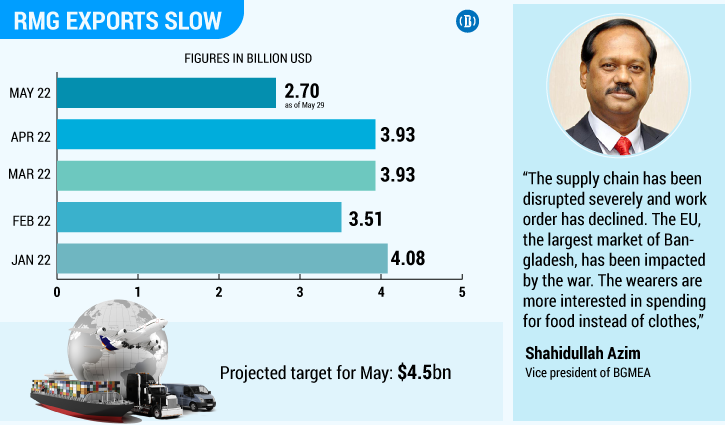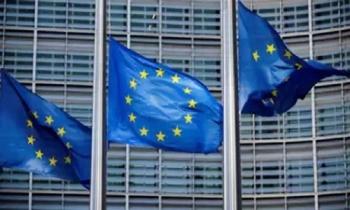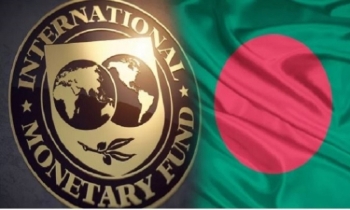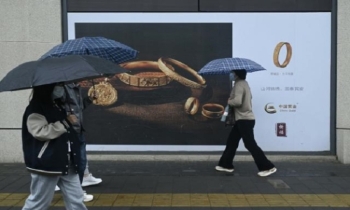Apparel exports likely to slip in May amid Russia-Ukraine war
BI Report || BusinessInsider

Graphics: Business Insider Bangladesh
Bangladesh’s apparel exports in May are likely to go down from the projected revenue of $4.5 billion due to the worsening Russia-Ukraine war, exporters said.
According to the Bangladesh Garment Manufacturers and Exporters Association (BGMEA), apparel exports were recorded at $2.7 billion in the first 29 days of May as against $3.6 billion in the same period of the previous year.
The exporters are disappointed with the monthly export figures as they fear that export revenue might go down to $2.9 billion from April’s $3.93 billion.
“The supply chain has been disrupted severely and work order has declined. The EU, the largest market of Bangladesh, has been impacted by the war. The wearers are more interested in spending on food instead of clothes,” Shahidullah Azim, vice president of BGMEA told the Business Insider Bangladesh.
The war has caused global inflation to flare up, too, he said.
“The global inflation has hit the profit margin also. The buyers have resorted to conservative methods of negotiating the prices. Our small and medium manufacturers are suffering more. If the situation prolongs, they will not survive,” said Muhammad Hatem, executive president of Bangladesh Knitwear Manufacturers and Exporters Association (BKMEA).
Bangladesh’s monthly exports reached over $4 billion a month since December 2021. Even in adverse situations due to the Covid-19 pandemic and the war on Ukraine by Russia, the country’s export was recorded at $3.93 billion during April.
In the first 10 months of FY 2021-22, the total export receipts from garments stood at $35.36 billion. Exporters had projected that the export will reach $43.5 billion but the war may affect the target.
After the Rana Plaza catastrophe of 2013 that had killed more than a thousand workers, the factories began taking initiatives to be compliant. Within the next few years, global buyers throng Bangladesh to place stacks of orders.
In the eight years after the Rana Plaza collapse, Bangladesh has become a dependable apparel sourcing nation for global consumers.
In the last couple of years, huge work orders are pouring into the country. Some 70 to 80 percent of the factories are booked until August. But the manufacturers are worried about their businesses in the next year.










































